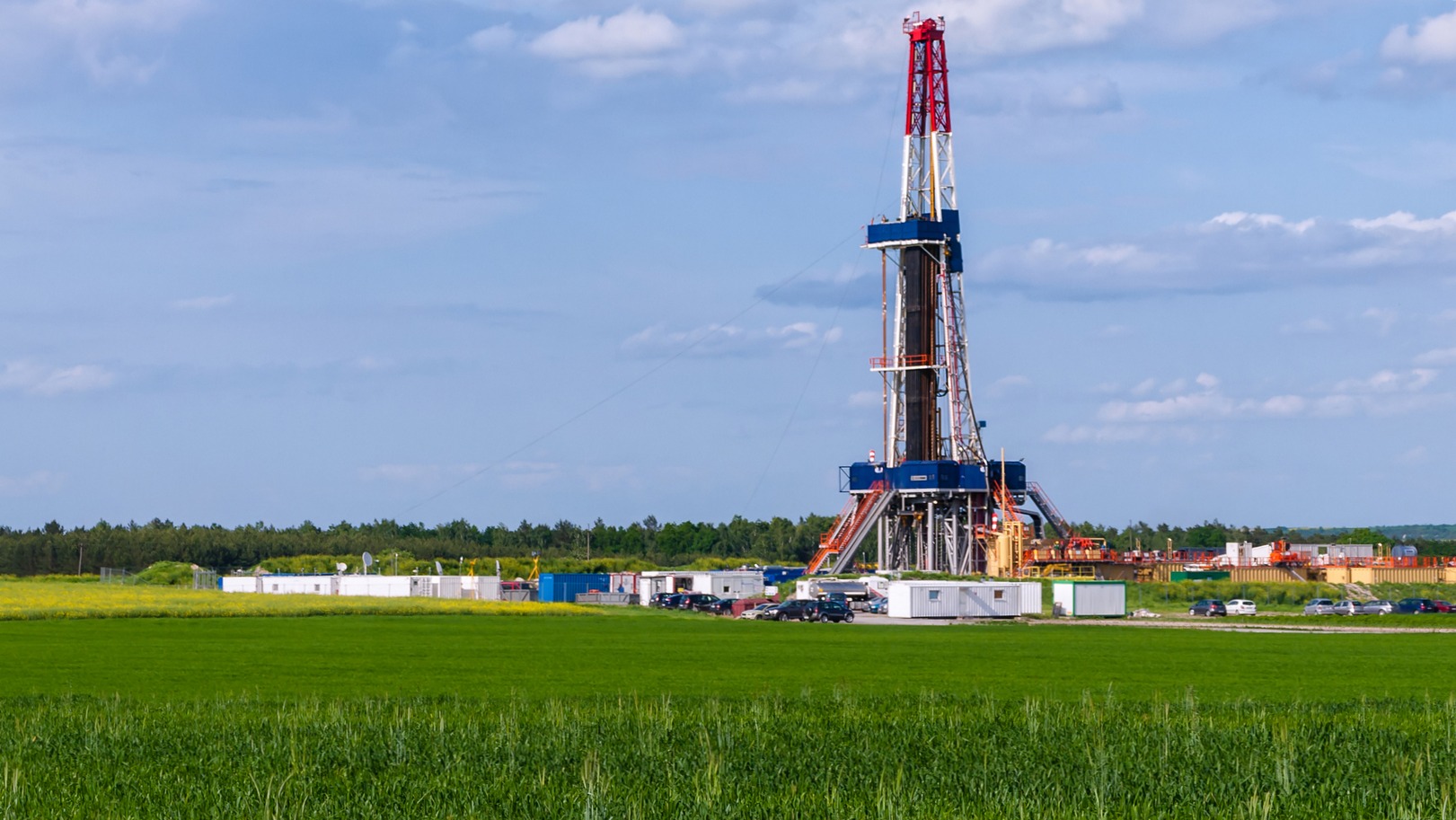With the boom in shale gas opened up by fracking, there’s been a lot more talk about natural gas as a “bridge fuel,” an energy source that could wean us off coal and smooth a transition to renewable energy. President Obama brought up this “bridge fuel” idea in this year’s State of the Union speech, a message echoed by the secretary of energy and Obama’s former “energy czar.” The natural gas industry, too, has been saying this for decades.
But regular Grist readers will have heard the counter-arguments: that natural gas is actually a “bridge to nowhere” or a “gateway drug.” One controversial factor that’s gotten a lot of attention lately is leakage — that is, if pipelines and other infrastructure leak a lot of methane gas, itself a powerful greenhouse gas, it could make overall emissions from natural gas as bad or worse than coal.
However, the debate over leakage may be a sideshow. As we show in a new study, published today in Environmental Research Letters, having more abundant natural gas is unlikely to cut emissions much on its own — and that’s true even with zero leakage.
We used a model called MARKAL to look at the effects on the U.S. electricity system across a range of possibilities — from a case with relatively abundant natural gas, to a case in which it’s relatively scarce. (To estimate a range of possibilities for future natural gas supplies, we did a quantitative survey of energy experts, from optimists to pessimists.) We also looked at scenarios with varying climate policies, including business-as-usual, a carbon tax, a cap on carbon emissions, and finally a mandate for renewable energy.
In the business-as-usual scenario, with no climate policy, power plants can emit as much greenhouse gases as they want, and they go for whatever fuel is cheapest. In this case, if natural gas is more abundant, it could take away part of coal’s market share. All else being equal, that would be good news for the climate.
But more abundant natural gas would also put the squeeze on renewable energy, outcompeting it. What’s more, with cheaper natural gas, electricity would be cheaper too — and the nation would consume more overall, the model predicted.
In the case with no climate policy, the end result was little difference in emissions, regardless of whether natural gas was abundant or scarce.
The story is much the same if a carbon tax were put in place, which would add a cost for emitting greenhouse gases. In this case, too, more abundant natural gas would lead to less coal use — but would also hinder the expansion of renewables.
In these two cases — no climate policy and a carbon tax — the cumulative emissions from 2013 to 2055 were hardly different whether gas was scarce or abundant, varying from 6 percent lower to 2 percent higher.
These cases assumed a methane leakage rate of 1.5 percent, the rate the EPA uses in its calculations for emissions from natural gas. Using a higher or lower leakage rate — of either 0 percent or 3 percent — would have a relatively small effect on cumulative emissions, reducing emissions by at most 9 percent or raising them by 5 percent.
In the case of an emissions cap, which would limit how much the whole electricity sector could emit, then there was little difference in emissions, because the emissions rate was dictated at the start. All else being equal, more abundant natural gas could make it cheaper to hit the emissions target. The actual cost savings, though, would depend on the cost of natural gas compared with alternatives.
The only case in which more abundant natural gas would take a bite out of emissions, according to our modeling, was with a renewable energy mandate. We looked at a case in which utilities were required to get a certain percentage of their electricity from renewables, rising year after year to reach 50 percent by 2050. In that case, the competition between natural gas and renewables would be minimized — so natural gas would compete primarily with coal, making cumulative emissions about 13 percent lower.
Overall, these findings suggest that abundant natural gas alone won’t do much to cut our emissions.
Our results suggest we need a strong climate policy of one kind or another — either a carbon tax, an emissions cap, or a renewable energy mandate — if we want to make deep cuts in emissions.
Of course, it’s possible that some huge breakthrough in wind or solar power would make renewables the cheapest electricity supply of all, in which case market forces alone could achieve big emissions cuts. That would be nice, but we can’t bank on it.
One thing is clear, though: We can’t simply frack our way to low emissions.
The study was funded by Near Zero, a nonprofit group that studies climate and energy.



